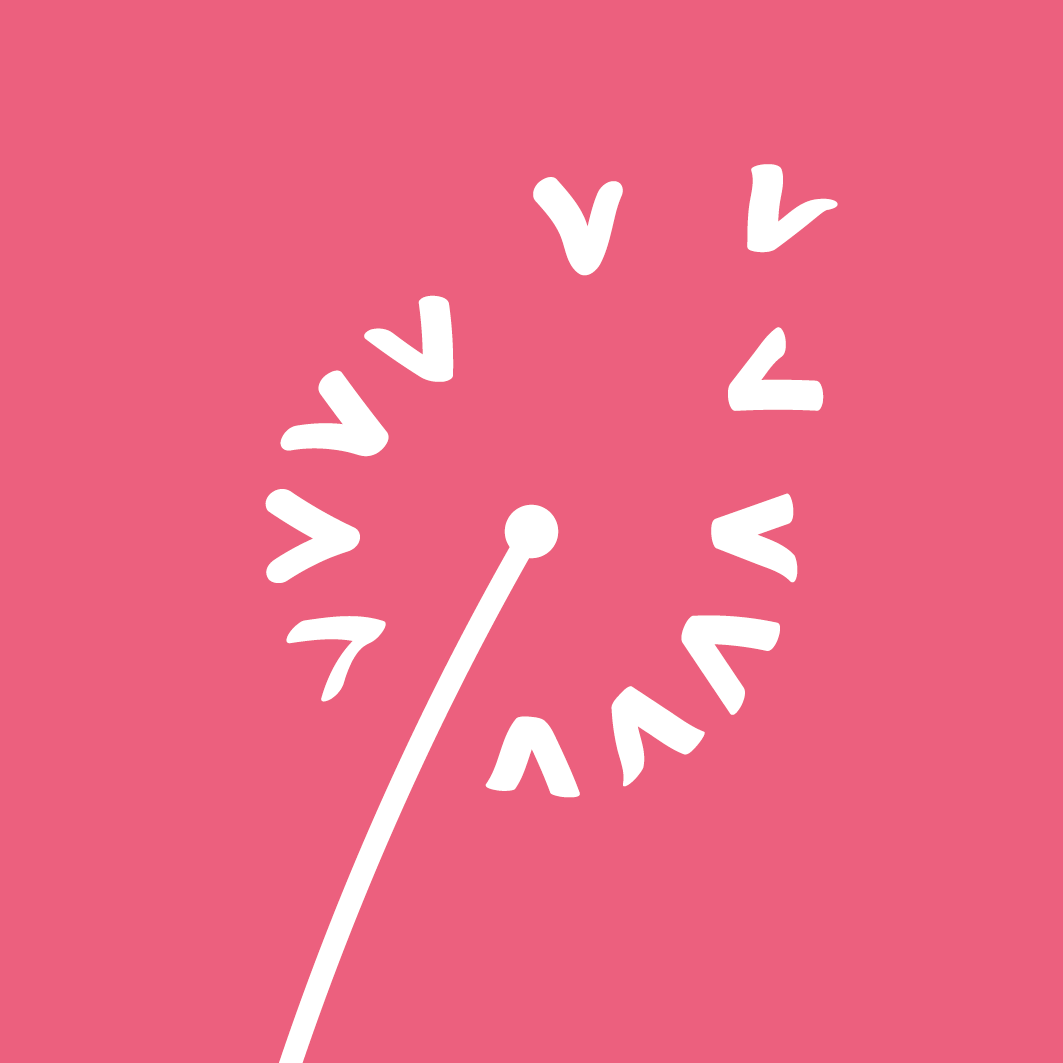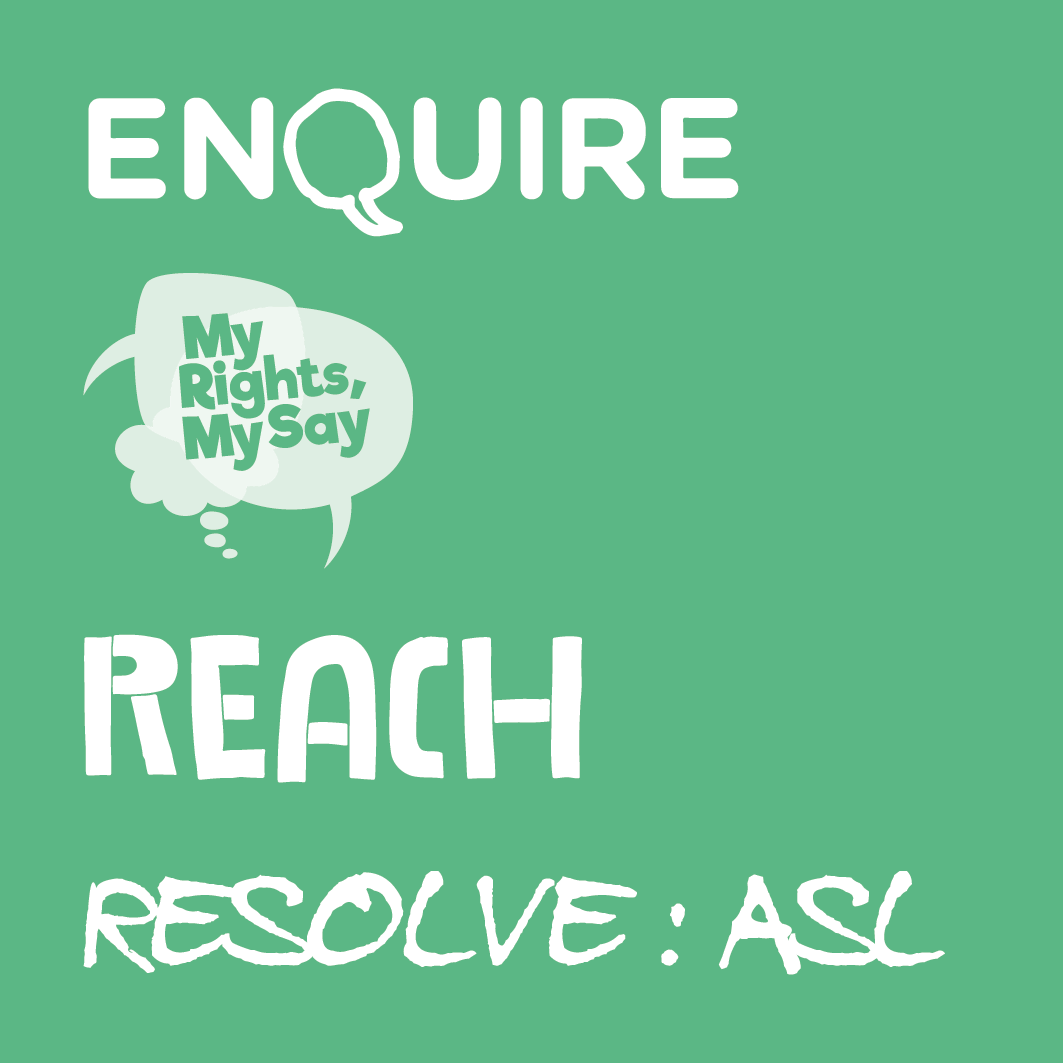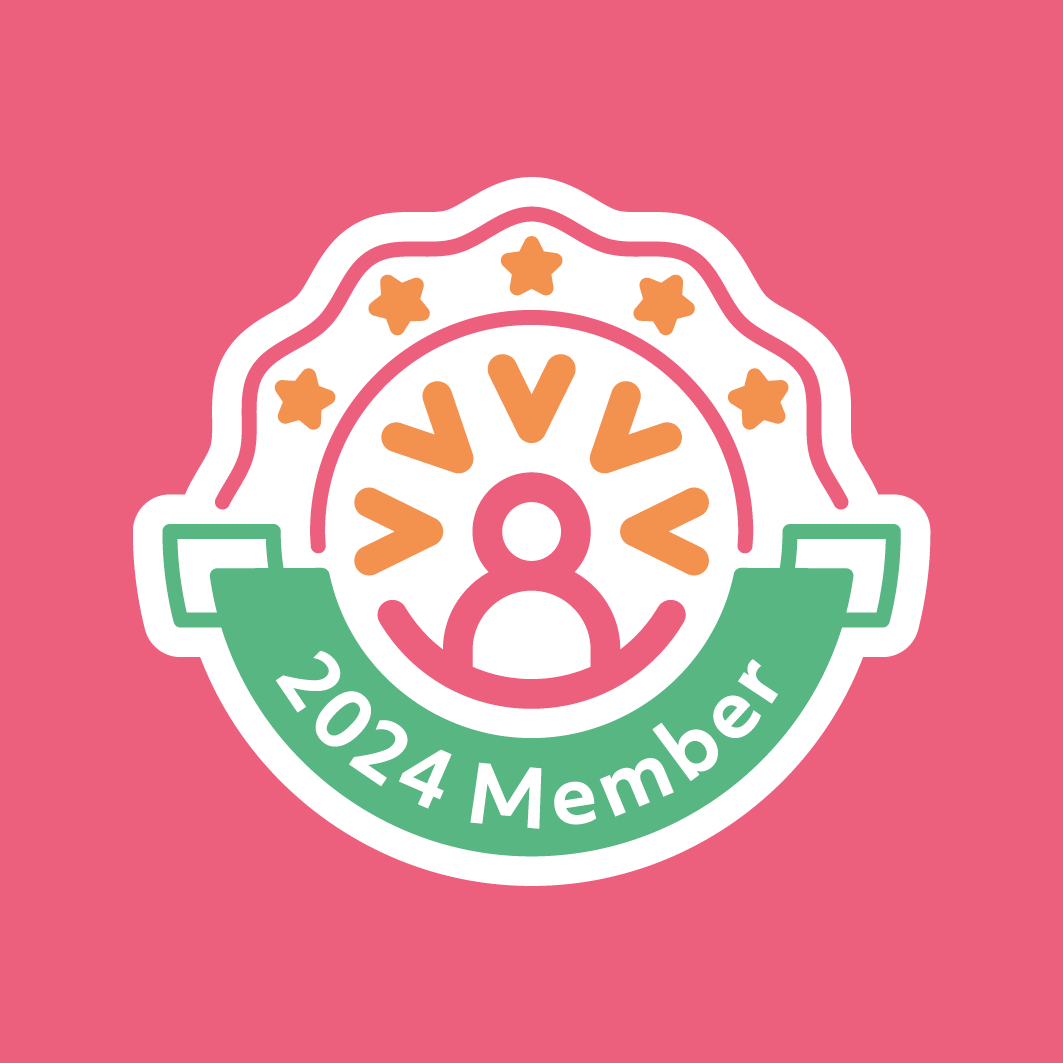Understanding violence between girls in Scotland
30 Apr 2024
Aiming to better understand the reasons behind violence between girls, and the ways practitioners working with young women can help to reduce its harms, YouthLink Scotland has released a new report in partnership with the No Knives, Better Lives (NKBL) programme.
Here, Emily Beever, Senior Development Officer with NKBL shares key findings from The Lassies are No Feart report, which was informed by young women’s experiences.
Children have a right to grow up safely and reach their full potential, and with the Scottish Government’s ambition to make Scotland the best place to grow up, preventing youth violence is a crucial priority.
Although there has been a 58% decrease in violent crime since 2008/09, that downward trend has stalled in recent years. So, when practitioners in the No Knives, Better Lives network (click here for more) reported violence between girls and young women was increasing in frequency and severity, we needed to find out directly from young women.
The Lassies are No Feart report, released April 29, summarises the findings from a small-scale qualitative piece of research with young women and practitioners – here are some of the things they told us about their experiences.
Accessing adult support
Young women told us it was hard to access support from adults to resolve conflict and bullying that could lead to violence. Young people felt adults didn’t care or couldn’t understand their concerns, and they were wary of judgemental responses.
Additionally, young women felt they couldn’t confide in an adult as they would be labelled a ‘snitch’ by their peers. Some young women were also worried about sharing their worries with their family, while others felt conflict had reach to an emergency situation before adults cared enough to act.
“They [teachers] just… they don’t realise when you tell them stuff you’re genuinely, you’re asking for help. You’re trying to get them to help you and sort the situation out or something but they just wait until you’re in hospital.” (Young woman)
Family ties
The young women involved in the report were loyal to and protective of their families. Some young people and practitioners shared how families played a role in supporting violence. Loyalty to families meant that challenging values and behaviour was difficult for teachers and youth workers.
“My mum was so happy when I hit [name].” (Young woman)
Violence as a tool
Young women told us they struggled to manage their emotions and reactions when they perceived disrespect from peers – physical violence was a tool to deal with disrespect towards family, friends or themselves. In these instances, young women felt justified in taking violent action, and some were sceptical that disrespect could ever be prevented.
“Yeah, sometimes when like people push your buttons or whatever and say something to them, you’ve hit them because you don’t know what else to do. Then you end up just using violence.” (Young woman)
Violent content on social media
Young women were both ‘viewers’ and ‘producers’ of violent content on social media. They spoke of daily exposure to graphic violent content, such as fights and extreme animal cruelty.
Violent content was easy to find proactively, with anonymous accounts dedicated to violence requesting videos from young people, and also using marketing techniques to prompt clicks and views, such as ‘teasers’ of fights and sending videos in direct messaging. On the other hand, violence could be seen unintentionally by opening someone’s ‘Story’. The frequent exposure led to desensitisation.
“I'm so used to seeing like videos like all the time, so it's just got to the point where it just doesn't [affect me]. I'm just seeing them all the time and I hear about it all the time. Like it happens too often. To like be like, oh, that's a shame, because there's like too much videos.” (Young woman)
Call to action
We want this report to be a call to action for all those working with girls and young women to take their challenges seriously. There is a need to better understand whether the experiences we heard about are more widespread, and crucially, we need to involve young women in the solutions.
No Knives, Better Lives (click here for more) works in partnership with young people and practitioners to understand and address the causes and drivers of youth violence. It is run by YouthLink Scotland (click here for more), the national agency for youth work and the collective voice of the sector.
To read the full The Lassies are No Feart report, including a young person’s version, click here
Get in touch with the NKBL team, email: nkbl@youthlink.scot

About the Author
Emily Beever is Senior Development Officer with the No Knives, Better Lives programme
Click here for more
Annual Conference 2024
Join us on 29 & 30 May at Scottish Gas Murrayfield Stadium, Edinburgh
Click here to book
Participation and engagement work
Find out more about how we embed the inclusion and participation of children and young people in our work
Click here for more
Our services
We offer we offer a range of services that provide support, advice and representation for children and families
Click here for more
Our membership offer
Be part of the largest national children's sector membership organisation in Scotland
Click here for more